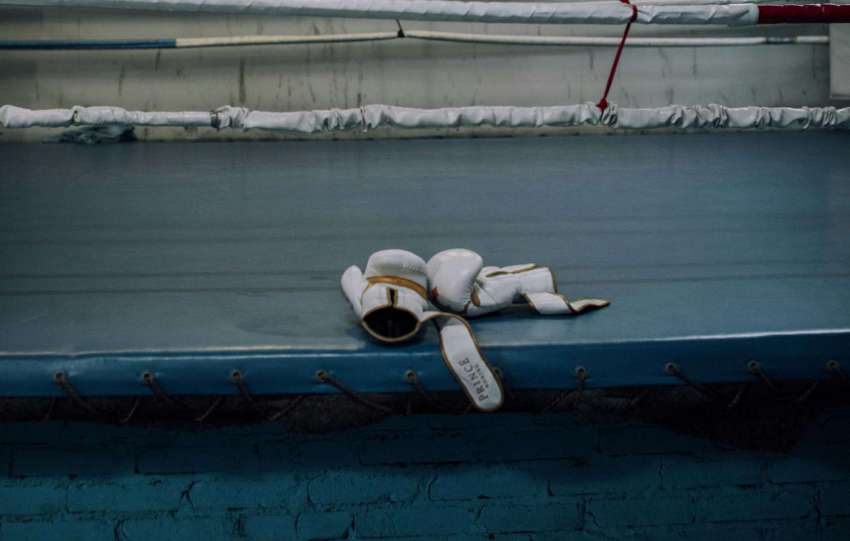Share This Article
I was five years old when a boy took hold of my shoulders behind the water fountain without warning and pressed his lips against mine.
The common rhetoric I often encounter as an indirect response is that of “so what?”; essentially, how can such a trivial act lead to tangible detriment to the woman? I myself am guilty of this rhetoric, which often manifests as the following: sure, casual harassment is not a positive thing, though women ought to be exaggerating the consequences? Or, alternatively, one may think, I’ll curb my actions, though only when in front of certain people – your principal, your mother, your employer – for it’s all merely ‘political correctness’.
The majority of women have encountered subtly nonconsensual experiences throughout their lives, though it appears that the detriment of these experiences must be mechanised in order for any change in attitude towards casual harassment to occur. Otherwise, the “so what?” argument will continue to permeate. Society will continue to remain incomprehensive of the motivations for feminist thought. And I do empathise to an extent with the “so what” view; these acts do seem trivial in the macrocosm.
The most pertinent but ostensibly ill-discussed aspect of harassment is its high prevalence. Upon emphasising prevalence, the ascribed triviality of harassment is largely disproved. These acts of subtle harassment are not anomalies. It is this prevalence that, in my opinion, turns supposedly trivial acts into a detriment to the female psyche. Speaking on behalf of my experience, these acts occur to women at least a couple of times a week.
Once prevalence is highlighted, understanding amongst men and women as to the detriment of harassment seems to follow. The other week, a supposed male ‘friend’, let’s call him Mullet Boy, made three jokes about my body in front of a sizable group of people. It was only at the third joke that another male friend stepped in and asked Mullet Boy to apologise. In this case, prevalence was clearly showcased – three occurrences of female shame occurred consecutively in front of the same group of people, easily identified and critiqued by others in the room. However, this is a rarity – typically, acts of shame or harassment occur across several different times, locations, and people. Though the female herself will be subject to shame a multitude of times, when the aspect of ‘consecutiveness’ is removed and bystanders become unaware of such prevalence, suddenly the illumination of shame and harassment transmutes into ‘censure’, ascribed labels of ‘political correctness’ and ‘exaggeration’.
Bizarrely, Mullet Boy made a similar joke the following week in front of largely the same group of people. However, it was a singular joke. No one stepped in, including my friend who had intervened previously. Though contributing to the perpetual female feeling of insufficiency and shame, I thank Mullet Boy for pronouncing the lack of awareness around prevalence. When Mullet Boy made three jokes instead of one, suddenly, such was recognised as intruding female agency.
So what does harassment and shame actually mean for a woman; what do I mean by ‘detriment’? I think the best way to pronounce this meaning is to compare the outlooks of a young girl and a girl exiting her teens. Women typically become the subjects of shame as they develop as teenagers. Thus, when you ask a young girl about their aspirations, I find that they typically have the most inspiring dreams, maybe to become a scientist, an astronaut, or a world-renowned author (borrowing from my own 10-year-old diary). When you ask the nineteen-year-old girl, you’ll find their response often falls flat compared to that of their male counterparts. When you ask a young girl their favourite hobbies and products, they’d typically respond with a variety of toys and learning-based or mind-based games. When you ask the nineteen-year-old girl, you’ll likely find a list of various vogue items of clothing or makeup or other self-improvement tools. Why do I highlight this difference? I find shame often manifests in a perpetual feeling of insufficiency and self-loathing. We can never be sufficient; if a woman is to excel academically or in the workplace, then she will be shamed for her looks. If a woman were comparable to Barbie, she would be ascribed the label of dumb. Dreams thus falter, and women must always focus on aesthetics. Upon editing this piece, even my use of the word ‘girl’, instead of ‘woman’ to describe a nineteen-year-old, is a manifestation of my own feelings of insufficiency, with this inaccurate use of ‘girl’ highlighting the female focus on youth and aesthetics as they age.
So, next time your friend drops a mere ‘joke’ or indictment on another female, please be cognizant that that female has likely already heard several such jokes that week, maybe that night. It is not okay; it is not a trivial comment in the macrocosm, but rather a contributor to a larger sleuth of constant indictments on the female body.



